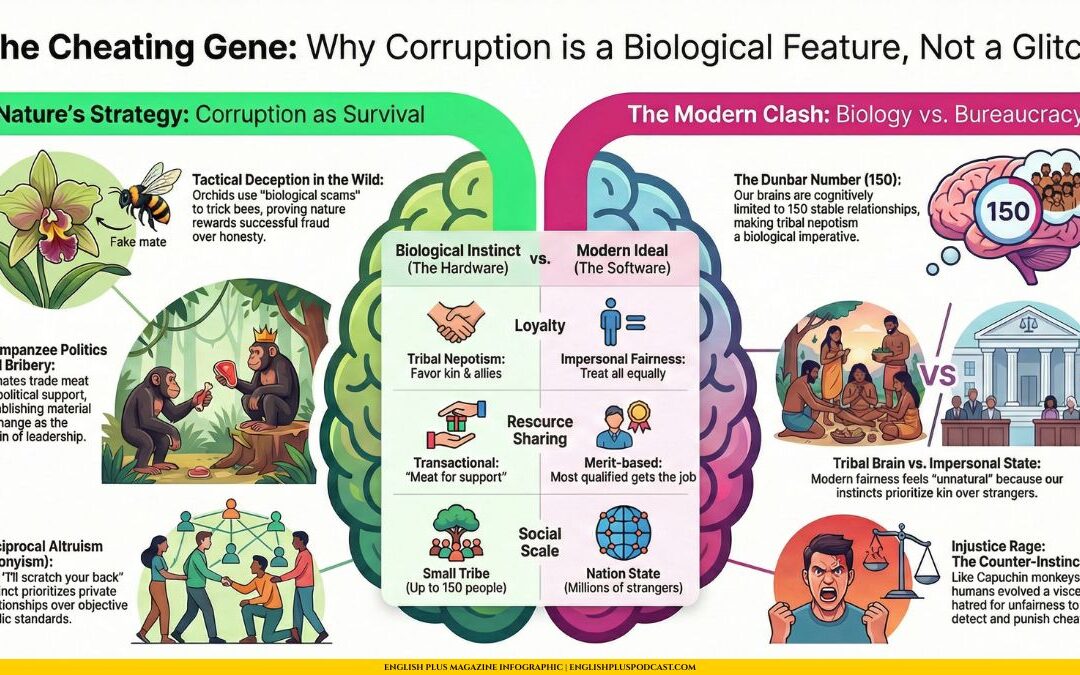- Is a Four-Year College Degree Still Relevant?
- Understanding the Debate
- Real-Life Examples
- Navigating Your Educational Path
- Take Action: Chart Your Course
- Why Should You Care?
- Key Takeaways
- Keywords and Definitions
- Frequently Asked Questions
- Is a four-year college degree still worth it in today’s job market?
- What are some alternative pathways to a traditional four-year college degree?
- How can I assess whether a four-year college degree is the right choice for me?
- What are the potential benefits and drawbacks of pursuing a four-year college degree?
- Myth Buster
- Let’s Talk: Discussion Questions
Is a Four-Year College Degree Still Relevant?
Have you ever wondered whether pursuing a traditional four-year college degree is still the best path to success in today’s world? The debate surrounding the relevance of higher education is more heated than ever, with shifting economic trends, technological advancements, and changing workforce demands. Join us as we dive deep into this topic and uncover the truths, myths, and real-life implications of the question: Is a four-year college degree still relevant?
Understanding the Debate
In recent years, there has been growing skepticism about the necessity and value of a traditional four-year college degree. Critics argue that skyrocketing tuition costs, mounting student debt, and an oversaturated job market have diminished the return on investment for many college graduates. Additionally, the rise of alternative education options, such as vocational training, online certifications, and apprenticeships, has prompted individuals to question the need for a four-year degree.
Real-Life Examples
Consider the following scenarios that highlight the complexities and nuances of the debate:
- Success Without a Degree: Mark Zuckerberg, Bill Gates, and Steve Jobs are iconic examples of individuals who achieved immense success without obtaining a traditional college degree. Their entrepreneurial spirit, innovative thinking, and determination propelled them to success in industries where formal education was not a prerequisite.
- The Value of Credentials: On the other hand, many professions still require a four-year college degree as a minimum qualification. For example, careers in medicine, law, engineering, and academia typically necessitate advanced degrees and specialized training. In these fields, a college degree remains a valuable credential for accessing career opportunities and advancing professionally.
- Changing Job Market Dynamics: The emergence of new industries and the rapid pace of technological innovation have led to shifting job market dynamics. While some industries may prioritize technical skills and hands-on experience over formal education, others continue to value the critical thinking, communication, and problem-solving skills cultivated through a college education.
Navigating Your Educational Path
So, where does this leave you, the aspiring student or career professional? The answer is not black and white. Instead, it requires thoughtful consideration of your goals, interests, and circumstances. Here are some key factors to keep in mind as you navigate your educational path:
- Define Your Goals: Take the time to clarify your career aspirations, interests, and values. Consider whether a traditional four-year college degree aligns with your goals or if alternative pathways may better suit your needs.
- Research Your Options: Explore the diverse array of educational options available, including community colleges, trade schools, online certifications, and apprenticeship programs. Evaluate the pros and cons of each option based on factors such as cost, time commitment, and career outcomes.
- Seek Guidance: Don’t hesitate to seek guidance from mentors, career counselors, and industry professionals as you make decisions about your education and career path. Their insights and advice can provide valuable perspective and help you make informed choices.
Take Action: Chart Your Course
As you contemplate the relevance of a four-year college degree in today’s world, remember that your educational journey is uniquely yours. Take the time to explore your options, weigh the pros and cons, and chart a course that aligns with your goals and aspirations. Whether you choose to pursue a traditional degree, embark on an alternative path, or blend multiple educational experiences, the key is to remain open-minded, adaptable, and committed to lifelong learning.
So, take action today to evaluate your educational options, set meaningful goals, and pursue your dreams with determination and purpose. Your journey towards success begins now.
Why Should You Care?
Understanding the relevance of a four-year college degree is essential for individuals making decisions about their education and career paths. With the landscape of higher education continually evolving and alternative pathways emerging, it’s crucial to assess whether a traditional college degree aligns with your goals, aspirations, and circumstances. By learning about the factors influencing the debate surrounding the relevance of a four-year degree, you can make informed decisions that set you on the path to success in today’s dynamic world.
Key Takeaways
- The debate surrounding the relevance of a four-year college degree is influenced by factors such as rising tuition costs, changing job market dynamics, and the emergence of alternative education options.
- Real-life examples, such as successful entrepreneurs without college degrees and professions that require advanced degrees, illustrate the complexities of the issue.
- Navigating your educational path requires defining your goals, researching your options, and seeking guidance from mentors and professionals.
- Ultimately, the relevance of a four-year college degree varies depending on individual goals, interests, and career aspirations.
Keywords and Definitions
- Relevance: The importance, significance, or applicability of something in a particular context or situation.
- Higher Education: Education beyond the secondary level, typically provided by colleges, universities, and vocational schools, leading to degrees, certifications, or diplomas.
- Alternative Pathways: Non-traditional routes to education and career success, including vocational training, apprenticeships, online certifications, and trade schools.
- Job Market Dynamics: The factors and trends affecting employment opportunities, demand for skills, and labor market conditions.
- Entrepreneurship: The activity of starting and running a business, typically involving innovation, risk-taking, and the pursuit of opportunities.
- Career Aspirations: The goals, ambitions, and desired outcomes individuals have for their professional lives.
- Mentorship: A supportive relationship between a more experienced individual (mentor) and a less experienced individual (mentee), focused on personal and professional development.
- Lifelong Learning: The continuous pursuit of knowledge, skills, and personal development throughout one’s life, beyond formal education.
- Adaptability: The ability to adjust and respond effectively to changing circumstances, environments, and challenges.
- Decision-making: The process of making choices or reaching conclusions, often based on careful consideration of available information, options, and consequences.
Frequently Asked Questions
Is a four-year college degree still worth it in today’s job market?
The value of a four-year college degree depends on various factors, including your career goals, industry trends, and personal circumstances. While some professions still require or prefer a college degree, others may prioritize skills, experience, and alternative credentials.
What are some alternative pathways to a traditional four-year college degree?
Alternative pathways include vocational training programs, apprenticeships, online certifications, trade schools, and community college courses. These options offer specialized training, hands-on experience, and shorter time commitments compared to a traditional degree.
How can I assess whether a four-year college degree is the right choice for me?
Consider factors such as your career interests, financial situation, learning preferences, and long-term goals. Research different educational options, talk to professionals in your desired field, and seek guidance from mentors or career counselors to make an informed decision.
What are the potential benefits and drawbacks of pursuing a four-year college degree?
Benefits may include increased earning potential, career opportunities, personal growth, and access to a broader range of professions. Drawbacks may include high tuition costs, student debt, time commitment, and uncertainty about future job prospects.
Myth Buster
Myth: A four-year college degree guarantees success and job security.
Reality: While a college degree can enhance career prospects and open doors to opportunities, success and job security depend on various factors, including skills, experience, networking, and adaptability. A degree is one aspect of a broader career strategy and should be considered in the context of individual goals and circumstances.
Let’s Talk: Discussion Questions
- Have you considered alternative pathways to a traditional four-year college degree? What factors influenced your decision?
- How do you think the relevance of a college degree may change in the future, given trends in technology, automation, and globalization?
- What advice would you give to someone weighing the decision to pursue a four-year college degree versus alternative education options?
- How can educational institutions and policymakers adapt to meet the evolving needs of students and the workforce in today’s rapidly changing world?
Share your thoughts and experiences in the comment section below! Let’s continue the conversation and learn from each other’s perspectives on the relevance of higher education in today’s society.










0 Comments